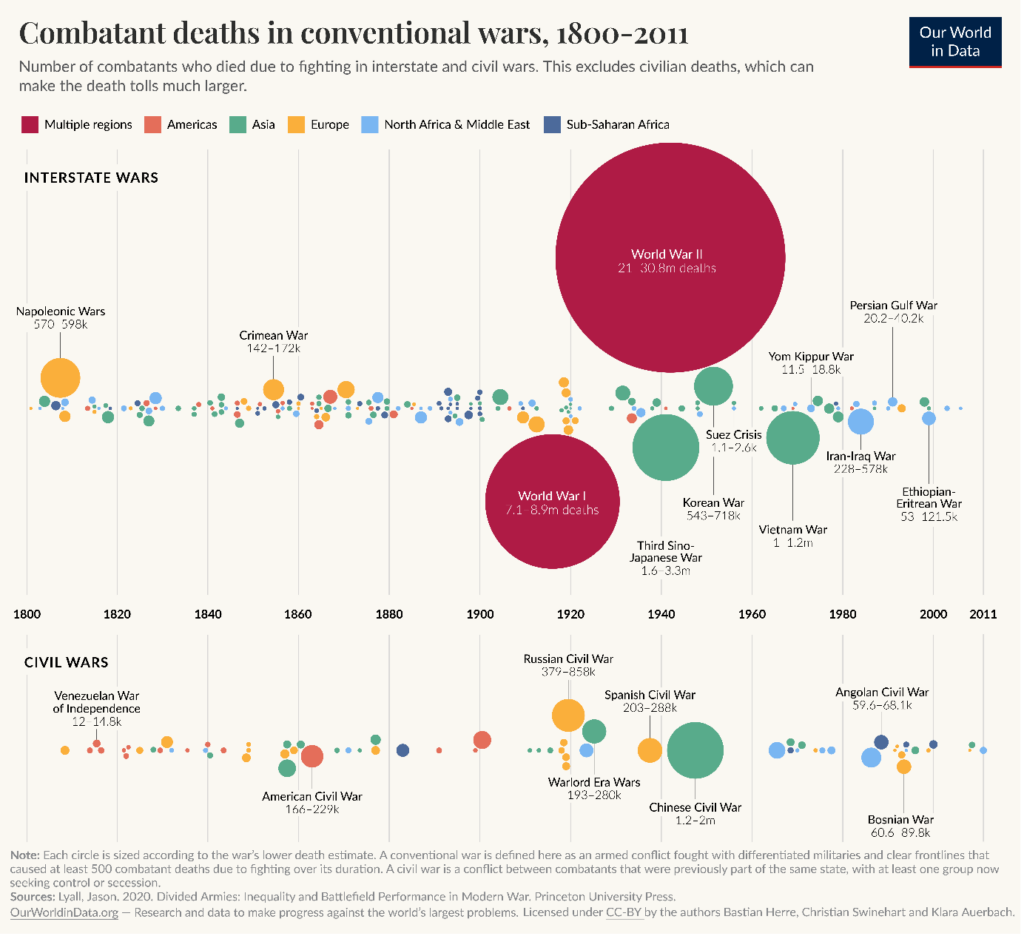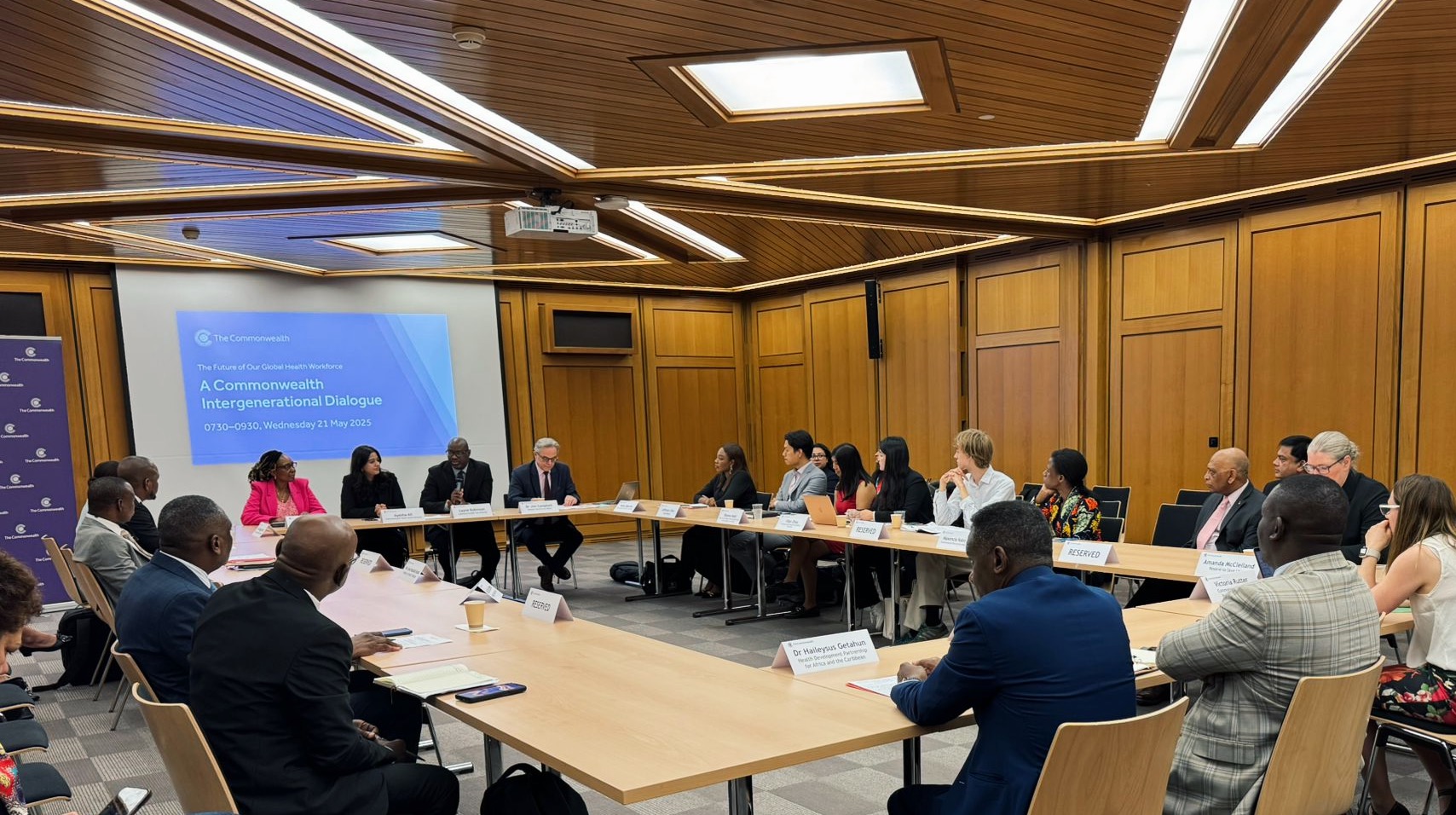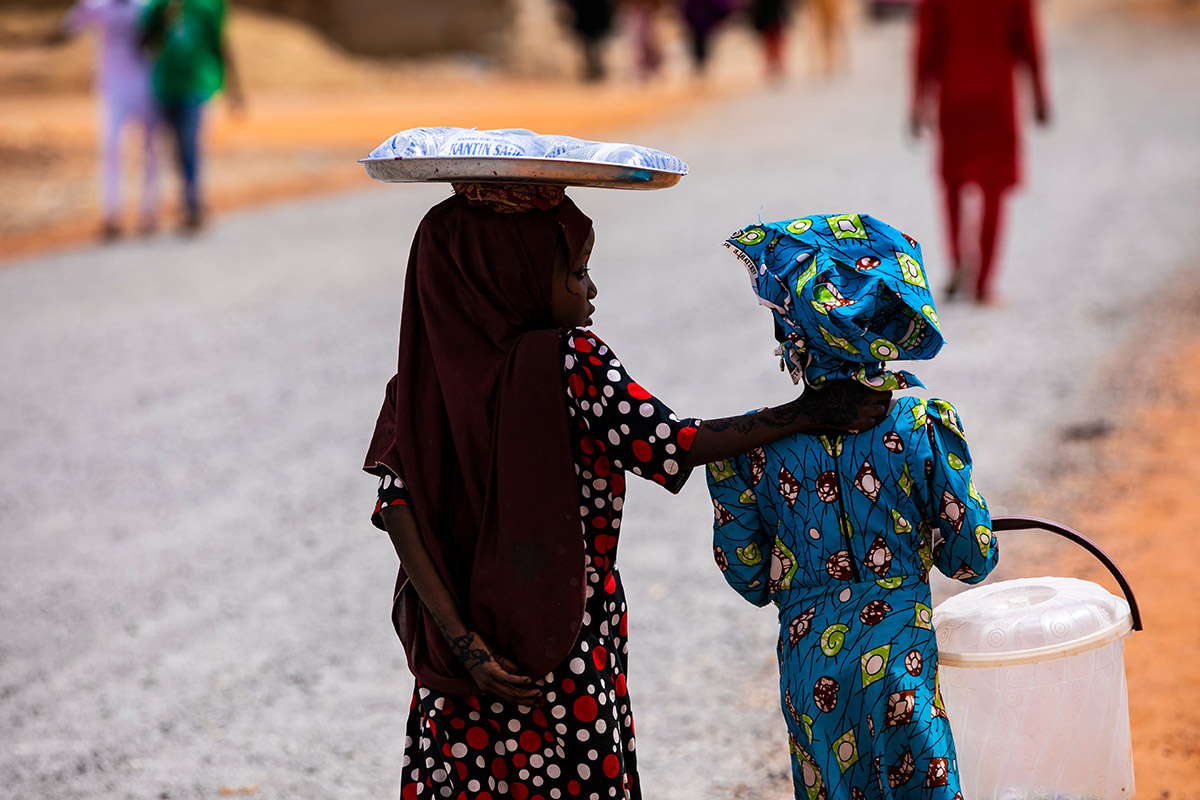Failing or Faring in Multilateralism and Diplomacy – The UN and World Peace
April 23by Lilian Efobi
Photo credit: Watch List 2024 | Crisis Group – Countries with Ongoing Conflicts
From Northeast Nigeria to South Sudan, Yemen, North Kivu, Gaza and Israel, Ukraine and Colombia, bombs bloom like malevolent flower, dreams lie shattered, violence of symphony cracks lullabies to the cannons forever. The world is in turmoil with many unresolved crises, yet we desire peace, especially, children who don’t start wars nor have the powers to end wars, yet are the most affected.
Is World Peace possible?
In celebration of the International Day of Multilateralism and Diplomacy for Peace, celebrated annually on April 24, I ask the question, how has the UN fared in its fight for peace and diplomacy in our world? Or is the UN failing and if so, how can the institution that has embarked on a journey for world peace be strengthened?
This day seeks to reaffirm the UN Charter and its principles of resolving disputes among countries through peaceful means. It was established on 12 December 2018 through resolution A/RES/73/127 and was first observed on 24 April 2019. Multilateral diplomacy is the management of international relations by negotiation among three or more states through diplomatic or governmental and non-state actors’ representatives. Multilateralism comprises certain principles of indivisibility of interests among participants, a commitment to diffuse reciprocity, and a system of dispute settlement intended to enforce a particular mode of behaviour on consultation, inclusion, and solidarity of nations. Multilateralism is associated with the era after World War II, during which there was a burgeoning of multilateral agreements led primarily by the United States.
The first intergovernmental body concerned with promoting world peace was the League of Nations. It was established by the Paris Peace Conference following World War I. The league was disbanded after 26 years because it was unable to thwart the Axis Powers’ aggressions during World War II. The effort to bring about world peace did not, however, come to a halt as a result of the organization’s demise. The United Nations established in 1945, began with the dissolution of the League of Nations. With a founding membership of 51 states, it was established just in time following World War II. It was created to uphold global peace, security and avert future wars from succeeding generations.
Conflict prevention has been at the background of the UN’s work, and the major aim of diplomacy is to ease tensions before they result in conflict, or, if conflict breaks out, to act swiftly to contain it and resolve its underlying causes. The United Nations has emerged as the most recognizable representation of multilateralism and served as the model for other multilateral organizations, and her commitment to multilateralism and international peace and security was reinforced in the discussion during the High-level Dialogue on Renewing the Commitment to Multilateralism on 31 October 2018. On 12 December 2018, the General Assembly adopted the resolution, “International Day of Multilateralism and Diplomacy for Peace” (A/RES/73/127) by a recorded vote of 144 in favour to 2 against.

Since 1948, the UN has helped end conflicts and foster reconciliation by conducting successful peacekeeping operations in Cambodia, El Salvador, Guatemala, Mozambique, Namibia, Tajikistan. Sierra Leone, Burundi, Côte d’Ivoire, Timor-Leste, Liberia, Haiti, and Kosovo. However, the UN has been found wanting in conflict such as, Somalia, Rwanda, and the former Yugoslavia in the early 1990s. This setback raises the question of selective diplomacy in certain conflicts by the UN. It is important that the UN and its agencies know when and how to intervene in conflicts globally without leaving any nation behind, if she is to achieve her goal of global peace and security.
Due to the strain on the principles of the UN on global issues of war, climate change and refugee crisis, stakeholders such as young people and women should be given platforms on multilateralism and diplomacy, to learn and support the UN. Youths should be active in drafting new international policies on multilateralism as they will be pivot to the future generation of leaders, teachers and innovators, and the absence of young people, would create unfair outcomes for the future of diplomacy and global peace.
For the women, reflect on the quote by Jody William, 1997 Nobel Peace Prize Literature.
Just as the youth, women also must push beyond inclusion in peace negotiations. We must challenge how many resources of our countries are put toward the military and weapons development and acquisition. We must challenge the view that more, bigger, faster weapons will keep the citizens of our countries secure. Real security requires giving resources to meet the basic needs of the citizens of our countries. We must work together to shift the balance from national security to human security.
Jody William, 1997 Nobel Peace Prize Literature
An inclusive multilateralism, diplomacy and peace-making is required, if the UN is to fare at its best in its role of global peace and security.






